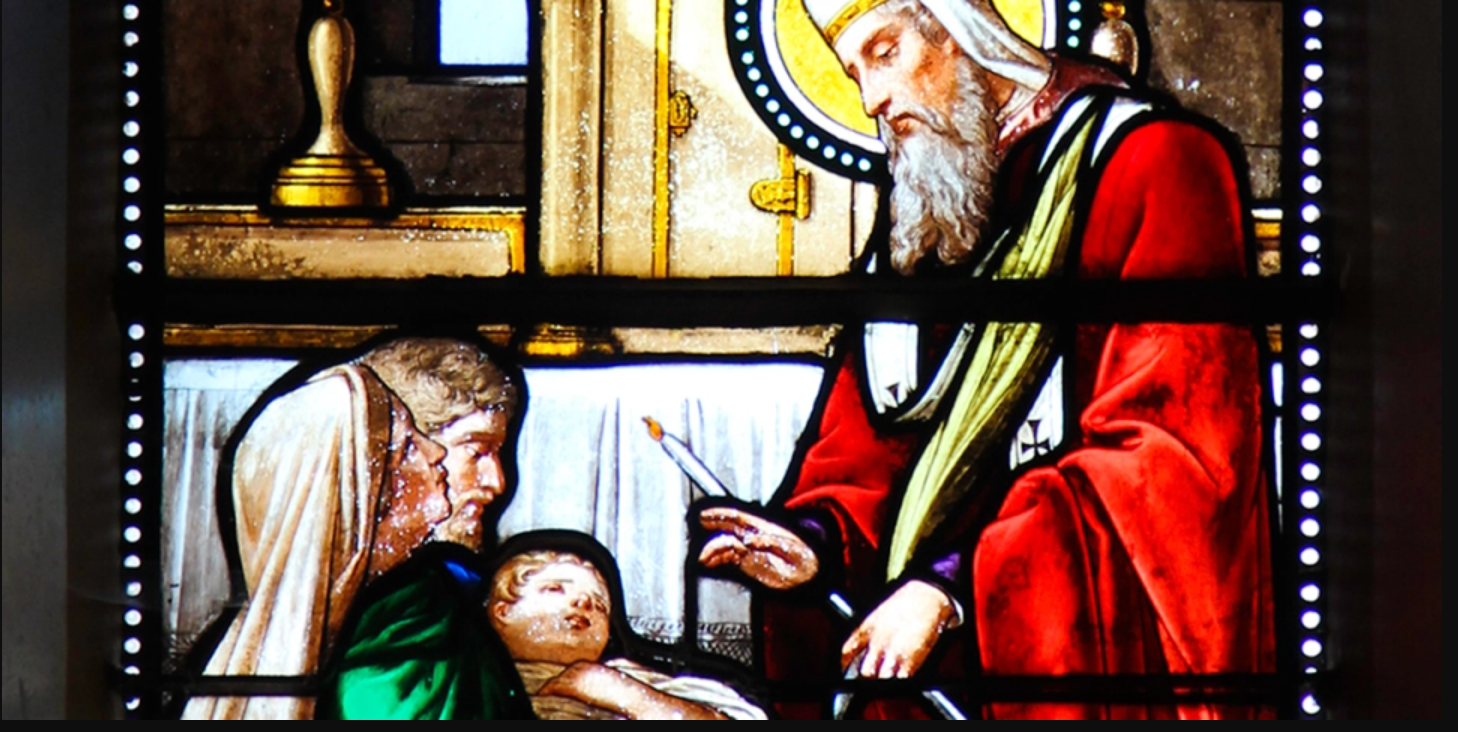While traditionally prayed against the throat of each person, there is a provision that allows a priest to bless from a distance.
Apopular tradition in many countries is the annual Blessing of Throats near the feast of St. Blase (February 3). It is a blessing that is inspired by the life of St. Blase, who was known to cure people with throat maladies during his life.
While the blessing may seem to be focused only on the throat, it has also been used to invoke God’s power to cure any illness. The priest typically prays the following prayer over the person.
Through the intercession of Saint Blase, bishop and martyr, may God deliver you from every disease of the throat and from every other illness: In the name of the Father, and of the Son, and of the Holy Spirit.
Furthermore, the Book of Blessingspublished by the United States Conference of Catholic Bishops explains the universal nature of the blessing.
In the United States the annual blessing of throats is a traditional sign of the struggle against illness in the life of the Christian.
As a result, the blessing takes on a new meaning in the “age of COVID,” as the world continues to struggle against the virus. It reminds us of our reliance on God and the reality that he has permitted this pestilence in his divine plan. We may not understand it, but we can turn to him for guidance and consolation.
The Book of Blessings further notes that the traditional blessing of throats does not need to be administered directly on the throat and can be offered at a distance.
If, for pastoral reasons, each individual cannot be blessed in the manner described in no. 1627, for example when great numbers are gathered for the blessing or when the memorial of Saint Blase occurs on a Sunday, a priest or deacon may give the blessing to all assembled by extending hands, without the crossed candles, over the people while saying the prayer of blessing.
The blessing can also be transferred to a different day (not necessarily on February 3) and can be given to “the sick or the elderly in their homes when they cannot attend the parish celebration.”
It is a beautiful blessing and while 2021 may be different, it does not mean that the tradition needs to be abandoned, especially when it specifically calls upon God’s help in times of sickness.
